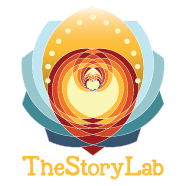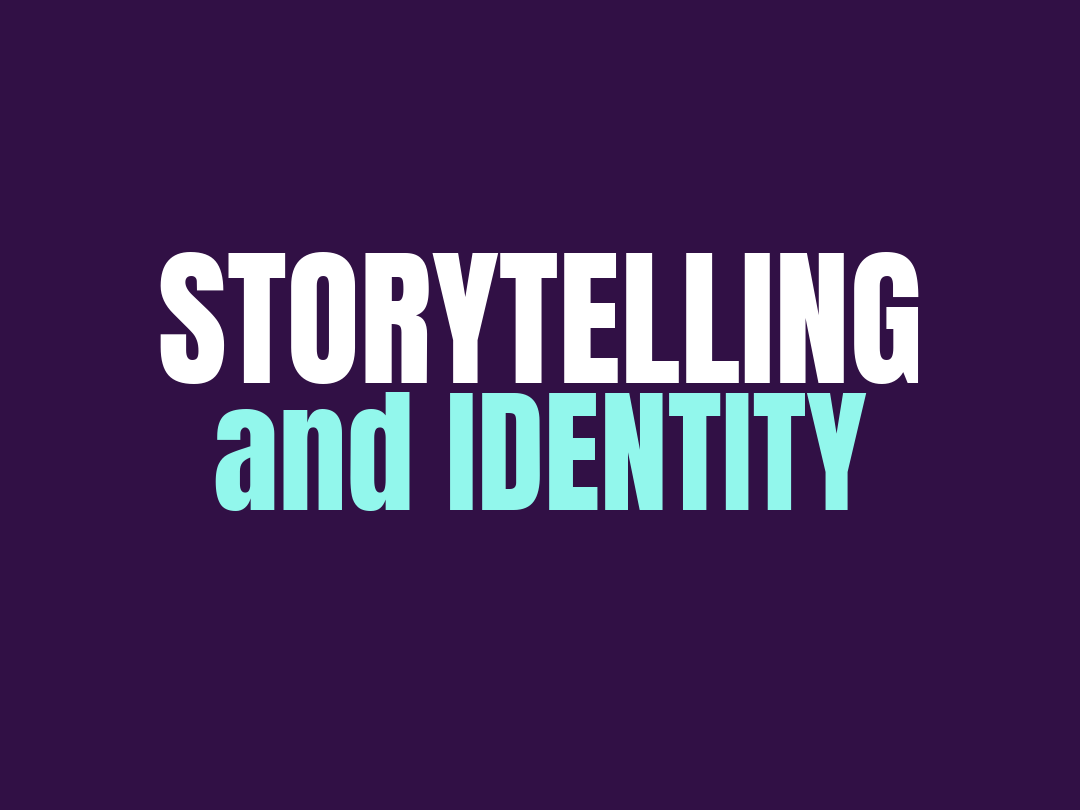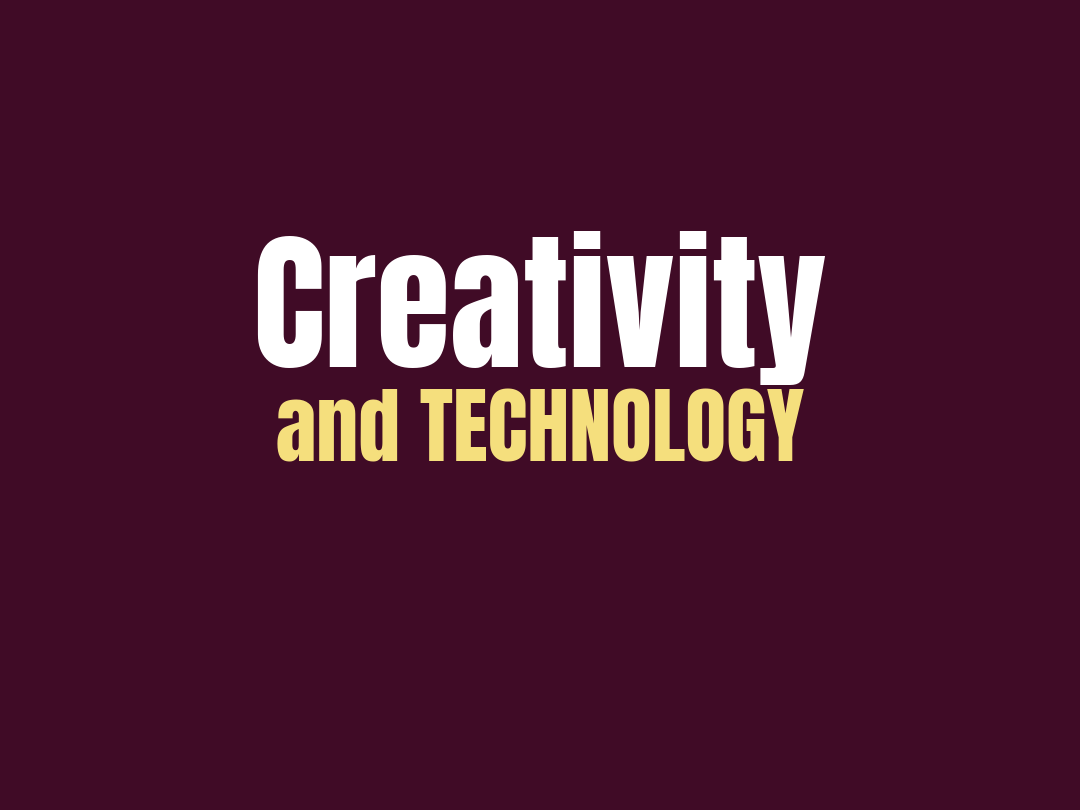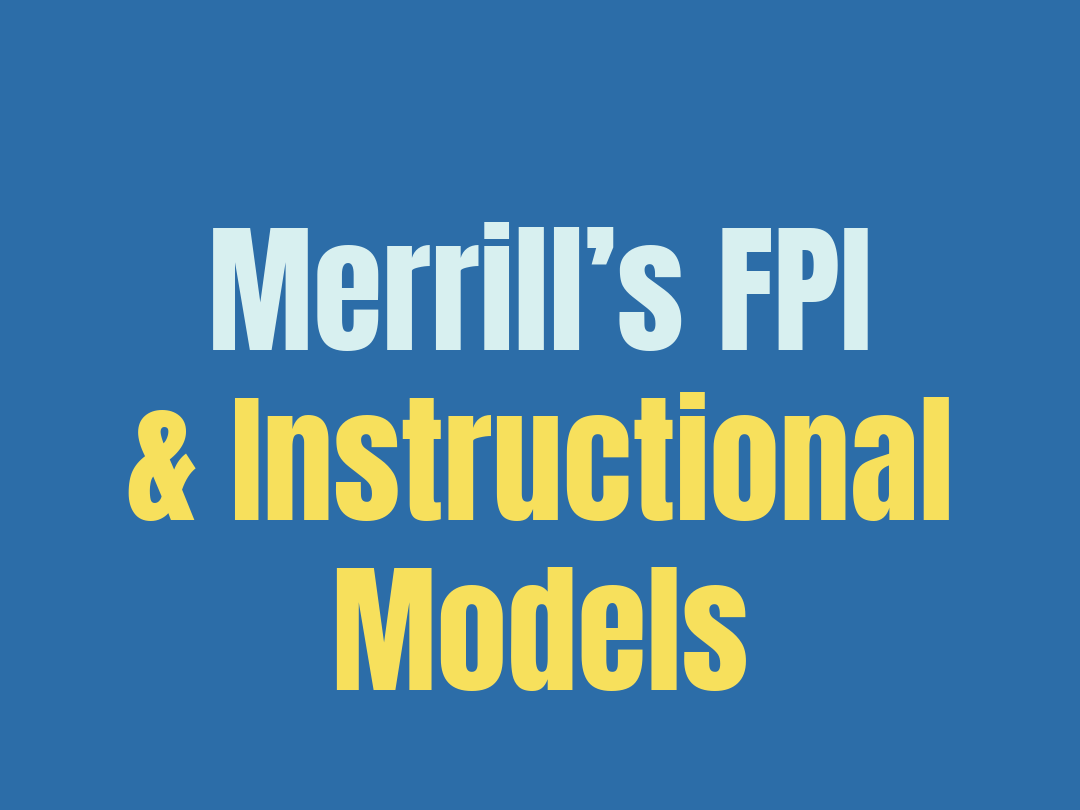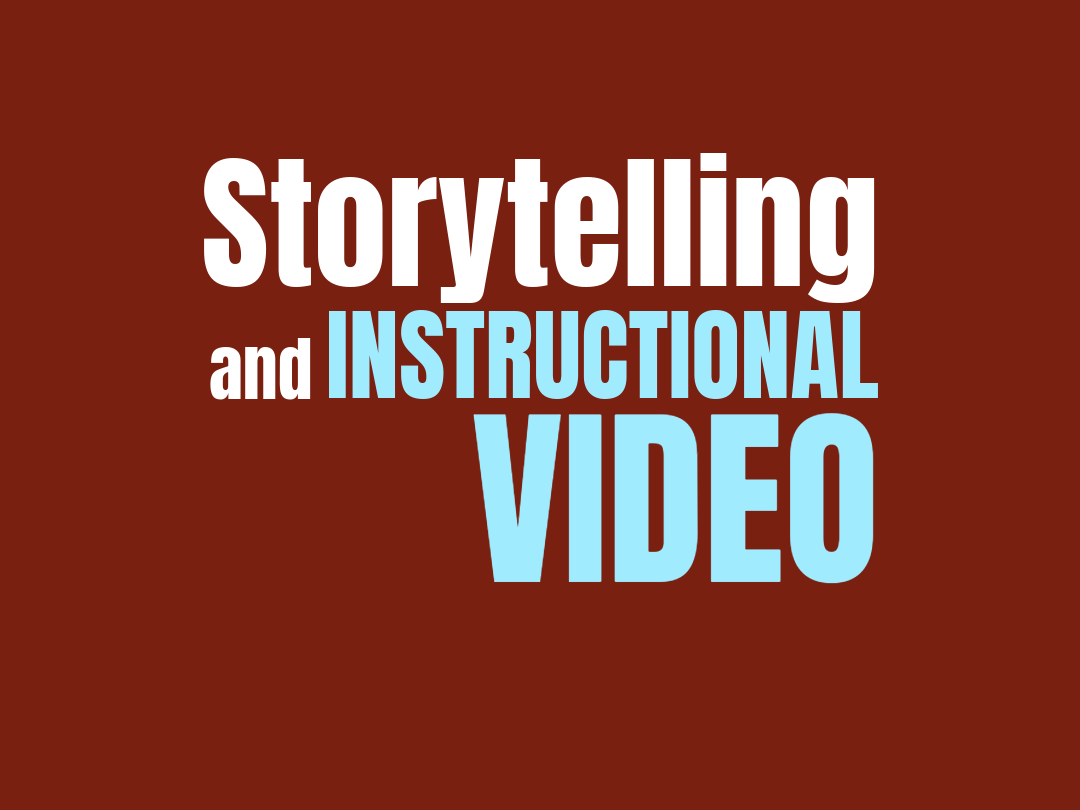Image by Freepik
Here are some key points that highlight the relationship between storytelling and neuroscience:
Engagement of Multiple Brain Regions: Storytelling activates various areas of the brain, including those responsible for language processing, sensory experiences, and motor functions. This multisensory engagement enhances the overall impact of the narrative.
Mirror Neurons and Empathy: When we hear a compelling story, mirror neurons in the brain are activated. These neurons simulate the emotions and experiences of the characters in the story, fostering a sense of empathy in the audience. This emotional connection contributes to a more profound and memorable engagement with the narrative.
Memory Retention: Stories are more memorable than isolated facts. Neuroscientific research suggests that the brain is better at retaining information presented in a narrative format. This is attributed to the way stories organize information, making it easier for the brain to process and store.
Oxytocin Release: Oxytocin, often referred to as the "love hormone" or "bonding hormone," is released in the brain during emotional experiences. Compelling and emotionally resonant stories have been found to trigger the release of oxytocin, creating a positive association with the narrative.
Image by vecstock on Freepik
Cortisol Levels and Attention: Well-structured stories can influence cortisol levels in the brain, impacting attention and focus. A carefully crafted narrative with tension and resolution can capture and maintain the audience's attention, leading to increased cortisol levels.
Neural Coupling in Communication: Storytelling facilitates neural coupling, where the brain activity of the storyteller and the listener sync up. This synchronization enhances the connection between individuals and strengthens social bonds.
The Power of Metaphors: Metaphors and vivid imagery in storytelling activate the brain's sensory and motor areas, making the narrative more immersive. This use of metaphorical language enhances the processing and understanding of abstract concepts.
Influence on Decision-Making: Stories can influence decision-making processes by appealing to both rational and emotional aspects of the brain. A well-told story can shape perceptions, attitudes, and choices through its impact on neural processes.
Understanding the neural mechanisms involved in storytelling provides valuable insights for communicators, educators, and marketers. It emphasizes the importance of crafting narratives that align with the brain's natural processing tendencies, making information more engaging, memorable, and impactful.
